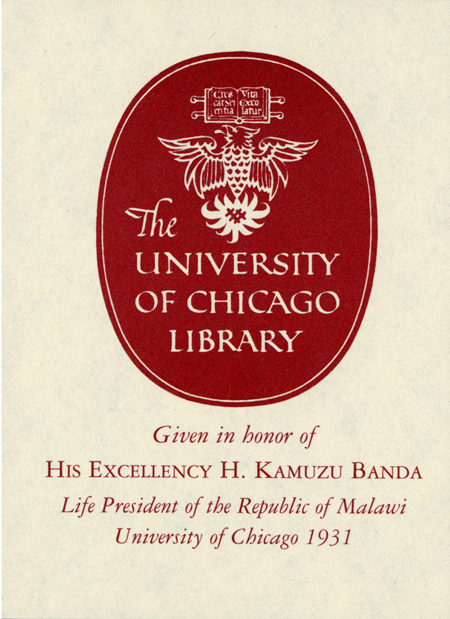Review by Choice Review
In the last 20 years, scholars have paid increasingly close attention to the continuity and change of indigenous medical practices under pressure from missionary medicine and during the colonial and postcolonial period, but they often neglect the competition between indigenous healers and European physicians. In this well-researched book, Flint (Univ. of North Carolina, Charlotte) tries to fill the gap by analyzing the medical, social, and political role of healers in the Zulu kingdom, revealing changes in indigenous medical conceptions and practice in British Natal and Zululand. She uses archival materials, unpublished sources, and oral interviews to argue against previous studies that depicted the African medical system as unchanging by presenting a more complex picture of a system based on observation and experimentation that combined pharmacopeia, surgery, and ancestral invocation. The author highlights the ideological and commercial competition between successful, rich African inyangas (herbalists) and white biomedical practitioners. The story also describes the changes in traditional African therapeutics as a result of urbanization, migrant labor, and the consumer culture on the one hand, and African-Indian medical encounters on the other. Overall, a well-researched and argued book that contributes to the discussion over cultural imperialism by problematizing current ideas of biomedicine's colonial hegemony. Summing Up: Recommended. Upper-level undergraduates and above. K. J. Ngalamulume Bryn Mawr College
Copyright American Library Association, used with permission.
Review by Choice Review


